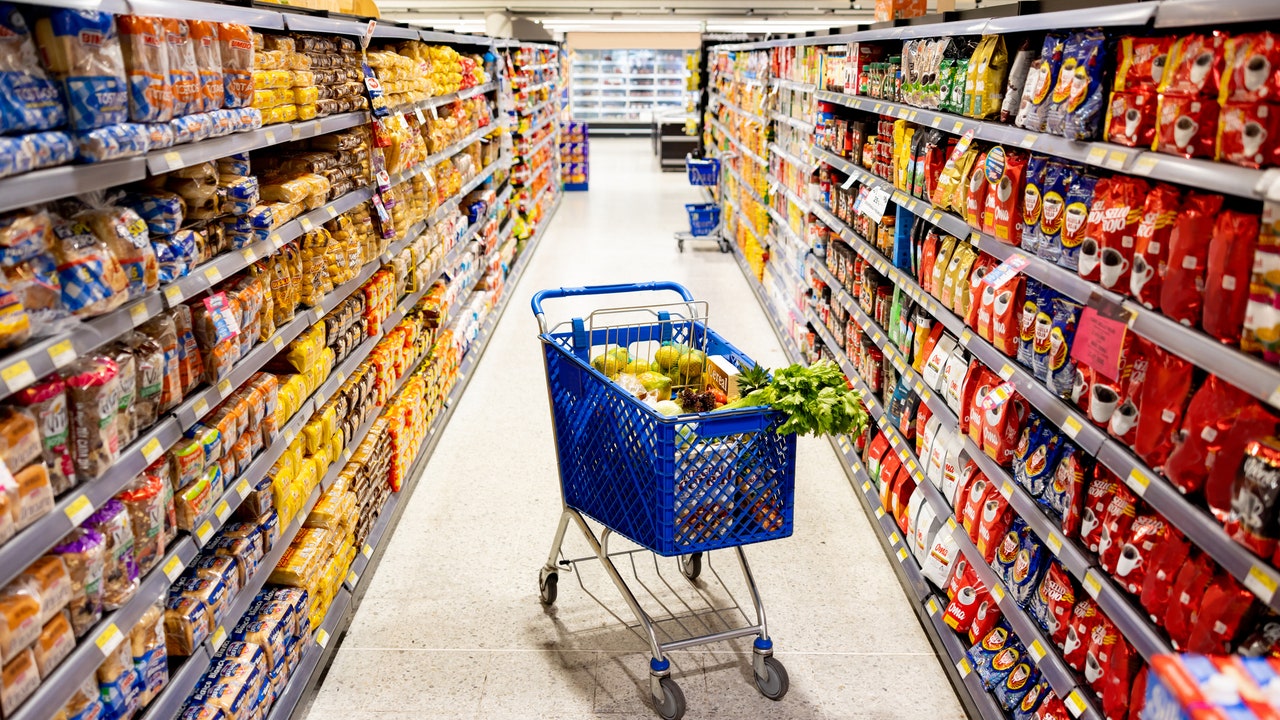
But while inflation may be down, that doesn’t mean prices will come down with it. “Prices don’t go back down to the previous level,” Scheitrum shared. “They just stop increasing. So we’re at a new normal with prices that we’re unfamiliar with.”
The next element to high prices is the potential for anti-competitive activity, which Scheitrum says is happening in pretty “much every type of animal protein, every type of meat and packaged seafood.” Right now, Agri Stats, a data analytics and consulting company, is facing a lawsuit for helping almost every single major poultry producer in America price fix to ensure their revenue stays high and the cost stays astronomical for you.
“That is unfair,” Scheitrum said. “If companies are acting anti-competitively to restrict supply and increase prices, that’s an unfair reason why prices would be high for consumers.”
Lastly, it could also come down to price gouging, though Scheitrum noted, price gouging isn’t what you may think it is.
“It’s commonly alleged to be occurring by lay people because it’s often conflated with high unfair prices,” he said. “It’s unfortunate, but price gouging is defined differently in every state, and not every state has a restriction against it.”
As he noted, Vice President Harris had a proposal to create a national price gouging standard as part of her platform but added, “That won’t be happening now.”
Edelberg explained, there are other things the Biden administration was doing that Trump could continue to do if he chooses. The main thing, Edelberg shared, echoing Scheitrum’s statement, “is trying to make sure that the food industry—everything from commodities to agricultural to final products—is competitive. That is mostly about enforcing the laws that are already on the books. We can enforce antitrust.”
David Ortega, professor and Noel W. Stuckman Chair in Food Economics and Policy at Michigan State University’s College of Agriculture and Natural Resources, also shared in an October blog post that if he were advising the next president on grocery prices, he would ask them to look at a few strategic actions, including “ensuring our food system is resilient to future shocks, like climate change. For example, investments in agricultural innovations can better prepare our producers for a changing climate and help reduce labor costs, which are significant drivers of food prices.” So far, Trump has promised to increase fossil fuel production and has threatened to take back unspent climate funding.
“Another key focus should be on strengthening and expanding social safety nets like the Supplemental Nutrition Assistance Program, or SNAP, which directly supports the most vulnerable and ensures food affordability,” Ortega said. “Expanding these types of programs will provide critical assistance to those most affected by higher prices.” In September, the Farm Bill, which helps fund SNAP, quietly expired after Republicans looked to slash the program’s funding, and in 2019, the former Trump administration attempted to remove 700,000 people from receiving SNAP benefits.





